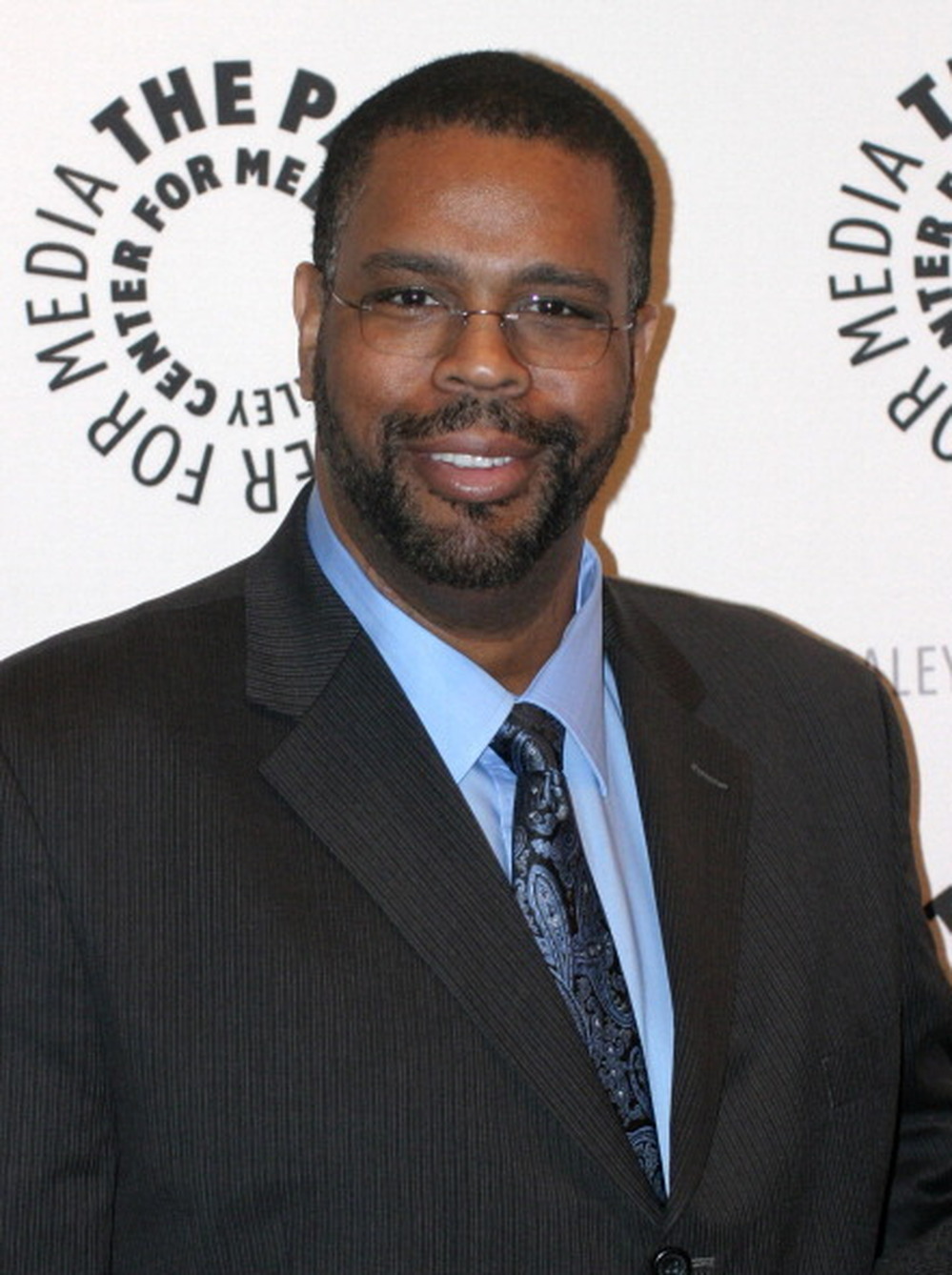Dwayne McDuffie was a guy who made a living writing for comics and TV. If you don't know his name, your friends who read comics do. If your kids have watched cartoons in the last decade, they've more than likely seen some of his work.
Yesterday we learned that McDuffie passed away suddenly at the age of 49. The website Comic Book Resources reports that he died from complications following surgery, but details are still coming in.
His individual contributions as a writer and producer, which I'll get to in a bit, remain impressive. But McDuffie was more than a writer, he was a voice — a passionate proponent for change in a genre (superhero comics) that reflexively resists it. And it's that voice that will be most acutely missed.
He started out in the '80s as an editor at Marvel before leaving to do freelance writing for DC, Marvel and Archie. In 1993 he co-founded Milestone, a company dedicated to "expanding the role of minorities both on the [comics] page and off..."
There, he launched several new characters, most notably Static, an electromagnetically-powered black teenage hero. (The character went on to star in the Saturday morning series Static Shock, which ran from 2000-2004.)
He wrote for the Cartoon Network series Justice League, and when that series underwent a change in format to become Justice League Unlimited, with a new focus on the deep bench of DC heroes and villains, McDuffie became a story editor. In recent years, he continued to write for comics like Firestorm, Fantastic Four and Justice League of America (where he beefed up the roles of black heroes in the JLA roster).
Most recently, he scripted the just-released, direct-to-DVD adaptation of Grant Morrison and Frank Quitely's definitive, 12-issue All-Star Superman series. And he did a fantastic job, capturing the whiz-bang, idea-a-minute tone of Morrison's story while finding and delineating its emotional through-line.
Of all the encomiums that rolled in yesterday, the one that resonated most strongly with me came from Kevin Church, a webcomic writer and comics blogger who has criticized McDuffie's work in the past - especially his JLA run. (To be fair, McDuffie himself spoke — bluntly — of the challenges of writing a flagship book like JLA, which is uniquely subject to corporate/editorial edicts.)
In a brief blog post, Church neatly deconstructs and dismisses the "Dwayne wrote about characters first, race second" meme that started making the rounds immediately after McDuffie's death.
"[McDuffie] brought the experience he had as a black kid growing up in Detroit in the 70s and 80s to every project he got his hands on by choosing directly not to emulate what he'd seen in the comic books he read, but by creating what he wished he had read," Church writes.
I wasn't reading comics in the '90s, so I'll leave it to others to speak to the specifics of the Milestone books.
But I'm of the generation who got turned on to superheroes in particular and comics in general by television. If it hadn't been for reruns of the '60s Batman show and Spider-Man cartoon, I might never have taken a second look at the spinner rack of the West Goshen Book and Card Store, back in 1973. And sealed my fate.
Which is why McDuffie's work on shows like Justice League
A new generation of kids who watched McDuffie's work saw worlds full of heroes — worlds that looked a lot like their own, and heroes that looked a lot like them.
Did McDuffie's pugnaciousness on matters of diversity (read the very funny memo he wrote when, as a Marvel editor, he detected a surfeit of skateboardin' black superheroes) change superhero comics forever?
As we've talked about before, superhero comics tend to reach for the RESET button every few years, and that means certain advancements get pushed back. Temporarily.
But McDuffie was a passionate writer and advocate, and here's the great thing about the kind of passion he embodied, which is born of a sense of justice and the desire to be heard:
It's catching.
Glenn Weldon writes for NPR's Monkey See Blog.


No comments:
Post a Comment